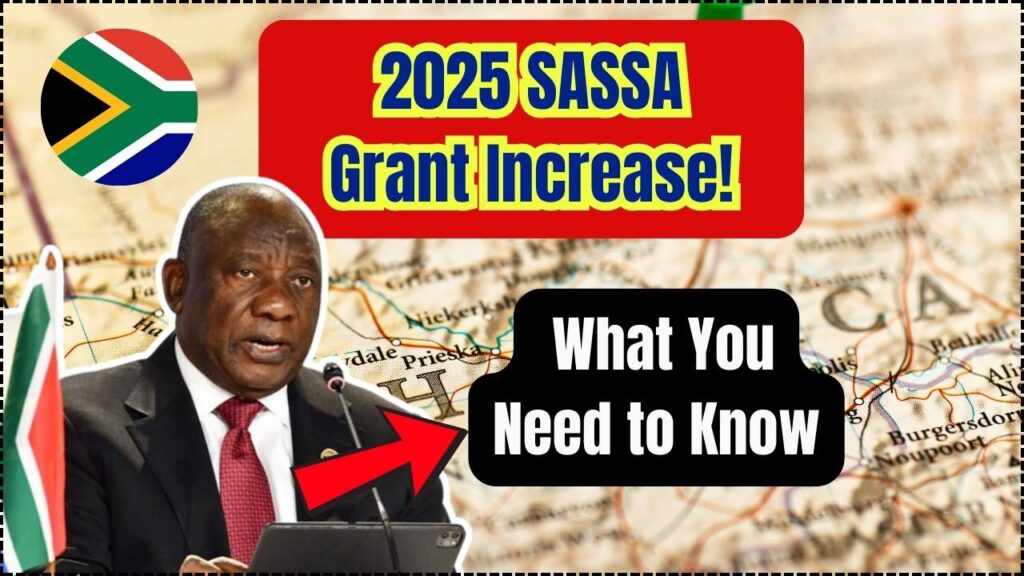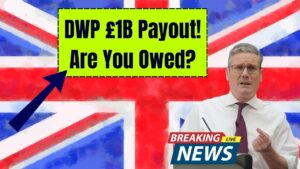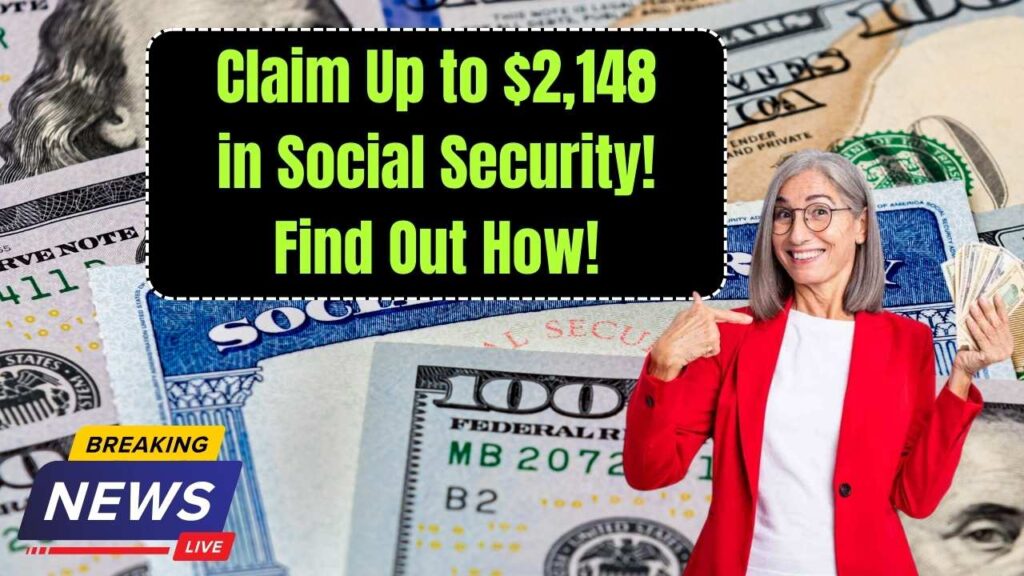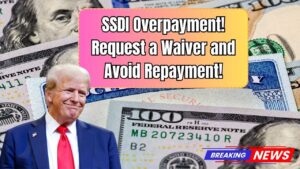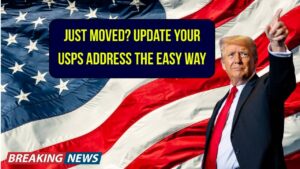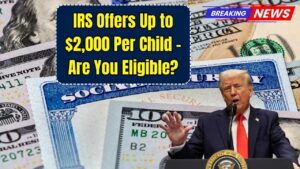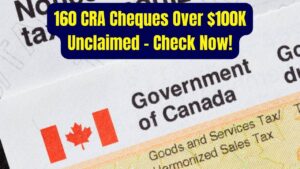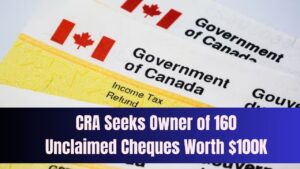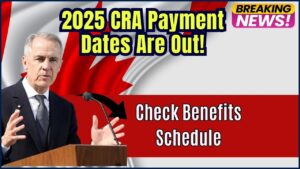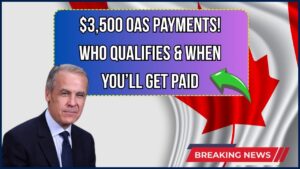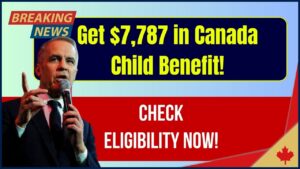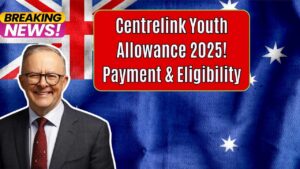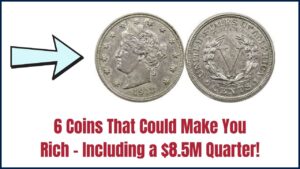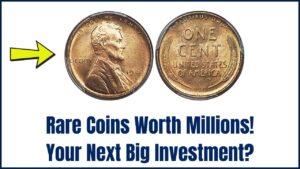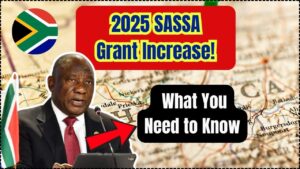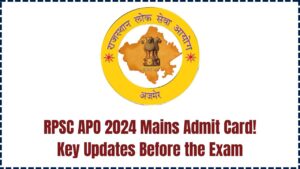USA News
Canada News
Australia News
UK News
Finance News
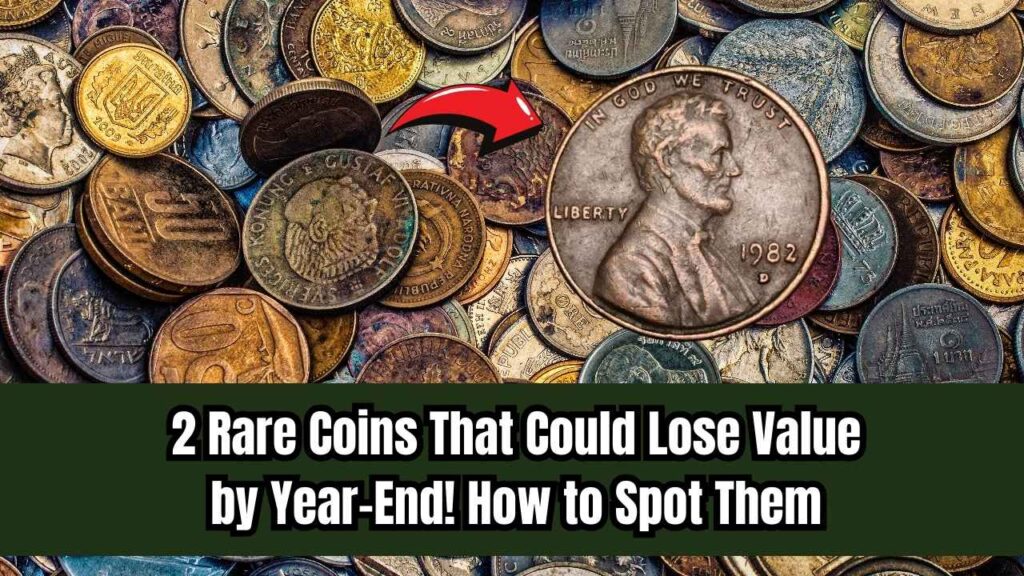
Check Why Experts Say These 2 Rare Coins Could Lose Value by Year-End: How to Spot Them?
Learn why experts say two rare coins—the 1982 Lincoln Penny and 2000 $1 Silver Eagle—could lose value by the end of 2025. Discover how to spot coins at risk of declining in value and get expert advice on how to protect your collection.
Latest Updates
Uttar Pradesh Excise Department
The Uttar Pradesh Excise Department plays a crucial role in regulating the production, distribution, and sale of alcoholic beverages and other excisable goods in the state. Whether you are a business owner looking to navigate excise regulations or a concerned citizen wanting to understand how alcohol laws work in Uttar Pradesh, this article will provide you with all the essential information in a clear and approachable way. By comprehensively understanding this department’s operations, you can gain insights into its functions, recent developments, and how it impacts the state’s economy and public welfare.
Key Highlights
| Topic | Details |
|---|---|
| Main Function | Regulating alcohol production, distribution, and sale |
| Revenue Contribution | Significant share in the state’s annual revenue |
| Modernization Efforts | E-lottery system, online licensing, and updated policies |
| Excise Policy 2024-25 | Includes affordable country liquor and promotion of tourism through production site visits |
| Official Website | https://excise.up.gov.in/ |
The Uttar Pradesh Excise Department is a cornerstone of the state’s governance, balancing revenue generation with public safety. By embracing digital tools, enforcing laws rigorously, and introducing innovative policies, the department ensures a transparent and efficient excise administration.
Whether you’re a business owner seeking to enter the market or a curious citizen, staying informed about the department’s operations can help you navigate its services with ease. Its modernization initiatives, combined with strict enforcement and community-oriented policies, demonstrate its commitment to driving economic growth while safeguarding public health.
What Does the Uttar Pradesh Excise Department Do?
1. Licensing and Regulation
The department is responsible for issuing licenses to businesses involved in the production and sale of alcoholic beverages. This ensures that all operations comply with legal standards. Examples of licenses include:
- Retail liquor shop licenses
- Manufacturing permits for distilleries
- Transport and distribution permits
These licenses are issued under the guidelines of the Uttar Pradesh Excise Act, 1910, which forms the foundation of the department’s regulatory authority. Proper regulation ensures the elimination of black-market activities and guarantees quality and safety for consumers.
Licensing also provides a legal framework for businesses, offering clarity on operational standards and enabling ease of compliance.
2. Revenue Collection
One of the department’s primary roles is collecting excise duty, which forms a significant part of Uttar Pradesh’s annual revenue. In 2023, excise revenue contributed over ₹35,000 crore to the state’s finances, showcasing its critical role in funding public welfare initiatives.
This revenue supports various developmental projects, including infrastructure development, health programs, and educational reforms. By focusing on revenue transparency, the department minimizes evasion and ensures that funds are directed toward public benefits. In a fast-growing economy like Uttar Pradesh, this financial contribution helps fuel progress.
3. Enforcement
The department actively prevents the production and sale of illegal and harmful alcoholic beverages. Enforcement activities include:
- Raids on illegal liquor operations
- Monitoring of licensed establishments
- Public awareness campaigns on the dangers of illicit liquor
Illicit liquor, often manufactured under unhygienic conditions, poses severe health risks. By enforcing stringent measures, the Uttar Pradesh Excise Department ensures public safety while maintaining industry standards. These efforts have significantly reduced the instances of spurious liquor-related fatalities in the state.
Excise Policy 2024-25: Key Updates
The latest excise policy, announced in December 2023, introduced significant changes to modernize the sector and address consumer needs. Here’s what you need to know:
Affordable Country Liquor
To discourage the consumption of harmful illicit liquor, prices for grain-based country liquor have been reduced, making it more affordable for rural consumers. The shift toward safe and affordable alternatives aims to improve accessibility while ensuring safety standards are met.
Promotion of Tourism
Tourists will now be able to visit beer, liquor, and wine production sites. This initiative aims to boost tourism while educating visitors about the production processes. By integrating local culture and industrial transparency, the policy seeks to attract more visitors and enhance revenue generation through tourism.
Modernization of Liquor Outlets
Retail outlets will undergo modernization to improve customer experience. This includes better infrastructure, improved inventory management, and training for retail staff. Enhanced facilities ensure consumer satisfaction and streamline operations for retail license holders.
The modernization aligns with the government’s goal of creating a sophisticated, well-regulated liquor market that prioritizes consumer convenience and compliance.
How to Apply for a License in Uttar Pradesh
Applying for an excise license in Uttar Pradesh is now more convenient, thanks to the department’s digital transformation efforts. Follow these steps:
Step 1: Determine the Type of License You Need
Visit the official website to understand the types of licenses available. Examples include:
- Retail shop license for liquor
- Transport permit for distributors
The website provides detailed guidelines and resources, helping applicants choose the appropriate license based on their business model.
Step 2: Submit Your Application Online
Use the Nivesh Mitra Portal to submit your application. This portal streamlines the process and reduces bureaucratic delays. Be prepared with:
- Business registration documents
- Financial statements
- Premises details
The digital interface simplifies the submission process, making it accessible for applicants, even in rural areas.
Step 3: Participate in the E-Lottery System
For retail shop licenses, the allotment process is conducted through an e-lottery system to ensure fairness and transparency. This system eliminates favoritism, promoting equal opportunities for all applicants.
Step 4: Follow Up on Your Application
After submission, track your application status online and respond promptly to any requests for additional documentation. Clear communication ensures smooth processing and avoids unnecessary delays.
Frequently Asked Questions (FAQs)
1. What is the primary role of the Uttar Pradesh Excise Department?
The department regulates the production, distribution, and sale of alcoholic beverages while ensuring compliance with state laws.
2. How does the excise department generate revenue?
Revenue is collected through excise duties imposed on the manufacture and sale of alcoholic products. This contributes significantly to the state’s finances.
3. How can I report illegal liquor activities?
You can report such activities to your District Excise Officer or use the contact information provided on the official website.
4. Are there online services for license applications?
Yes, the department offers online application and tracking services through the Nivesh Mitra Portal.
5. What are the penalties for violating excise laws in Uttar Pradesh?
Violations can result in heavy fines, license revocation, or imprisonment, depending on the severity of the offense.

